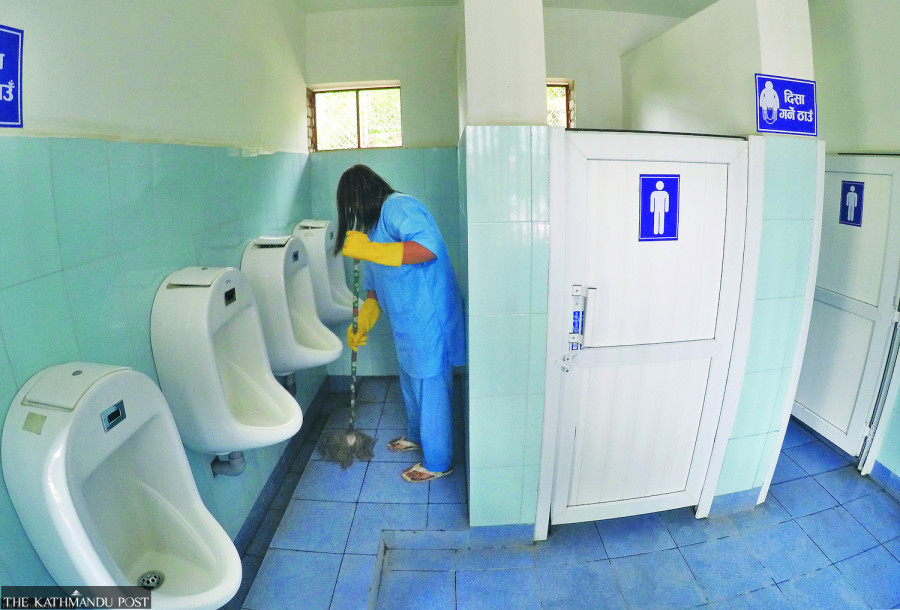Editorial
A clean sweep
Cleaner surroundings have a profound positive effect on our health.
We may recall that the origins of the Covid-19 pandemic in early 2020 was attributed to unhygienic practices, which provided a perfect atmosphere for transmission of pathogens from animals to humans in live animal markets. It has been over 20 months since the world has been trying to grapple with the effects of the pandemic. In doing so, the mantra to contain it has been consistent throughout—hygiene. The government has disseminated best hygiene practices through various mediums, be it TV, radio or the monotonous caller tune raising awareness about the ongoing situation to drill home the message on best hygiene practices—credit is given where it is due.
However, the imbalance in the equation stems from a lack of information concerning clinical waste disposal. Now, what we are trying to deal with is no ordinary clinical waste. It is the refuse resulting from the use of face masks, gloves, personal protective equipment, vaccine vials, syringes and needles and a host of other materials used in unfathomable quantities. The Health Ministry, in July 2020, did issue guidelines concerning interim waste management and a separate protocol for infected people isolating at home. A common occurrence with most protocols is that no heed has been paid to their implementation. This nonchalant attitude could cost us all the gains we have so far managed to achieve from the vaccination drive.
It is only recently that regular refuse collection has resumed, which means that garbage that lay strewn on the city streets for weeks on end included Covid-19 waste. This brazen disregard for standard hygiene practices has exposed the general public to the risk of contracting the virus through contaminated waste. The Ministry of Health and Population has stated that Covid-19 waste from hospitals has been effectively dealt with, with the help of several national and international organisations. It has, however, admitted that there is no system in place to monitor if all hospitals and clinics are following the directives on waste management. There is no mention of monitoring domestic waste. The refuse collectors with only a face mask for their defence have sadly been left to fend for themselves.
We cannot sit back and pass the blame for all mismanagement to difficulties created by the pandemic. With one landfill site, Sisdole, on the verge of implosion, another designated area can only serve as a quick fix to the waste management dilemma. With more people moving from rural areas to the cities searching for better opportunities, the authorities will now have to find stable solutions to many other teasing problems afflicting large metropolises.
As the adage rightly states, prevention is better than cure. No stone should be left unturned in our fight against this dreaded virus. Cleaner surroundings have a profound positive effect on our health. A well-managed waste management system also makes good business sense. More importantly, it is our prerogative as citizens to be shielded from such callous indifference by the authorities when precious lives are at stake.




 9.7°C Kathmandu
9.7°C Kathmandu














